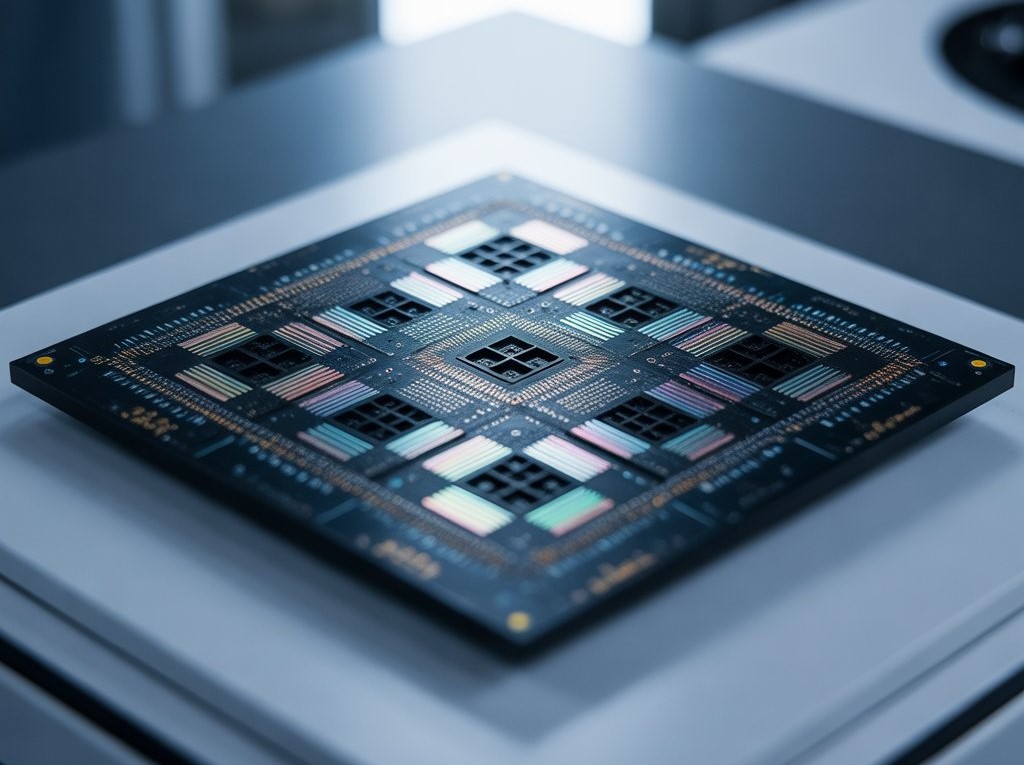
מהפכת הפוטוניקה הסיליקונית – טכנולוגיה במהירות האור שמעצבת מחדש את הבינה המלאכותית, מרכזי הנתונים ועוד
פוטוניקה מבוססת סיליקון עושה שימוש במעגלים משולבים פוטוניים (PICs) מסיליקון כדי לשלוט באור לצורך עיבוד נתונים ותקשורת, ומאפשרת קישוריות בתוך השבב ובין שבבים במהירויות כמו 100 ג'יגה-ביט לשנייה ו-400 ג'יגה-ביט לשנייה. שבב פוטוני מסיליקון בגודל של ציפורן יכול להכיל עשרות ערוצי לייזר,